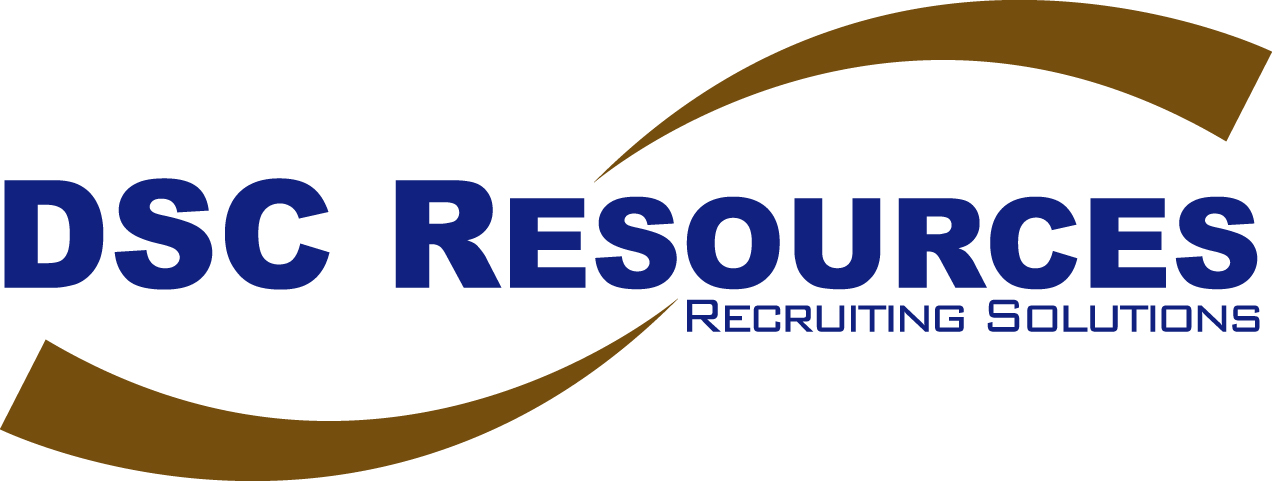The interview is arguably the most critical step in the hiring process. It is the only method for hiring managers to become personally acquainted with you and to ensure there is a good fit for their organization. In this fast-paced, global environment, phone interviews are becoming more and more important and can be the initial phase of the hiring process, or even the only type of interviews you have.
Before the Interview
Treat a phone interview with the same formality as you would an in-person interview. Be prepared;
- Make sure you have checked the number, does it have enough digits? If appropriate call if beforehand (out of hours?), or call a few minutes early to make sure you have the right number and wait until you are joined.
- Have a note pad, pen and your resume in front of you.
- Spelling out the name of the person who will conduct the interview. Say the name out loud until you are comfortable with it and are sure you are pronouncing it correctly.
- Having some printed information about the company in front of you. This way, you can refer to any pertinent corporate information during the interview and answer any questions that may come up.
- Preparing a list of questions you intend to ask during the interview. Asking questions demonstrates your interest and enthusiasm about the organization, its direction, and the hiring manager's knowledge and expertise.
- Take a few minutes before your scheduled phone call to gather your thoughts and get in the right frame of mind.
Solitary Confinement & the Right Setting
- Find a quiet, secluded room where you will be separated from television background noise.
- Calls should be made from a land-line, rather than a cell phone, which might not sound as clear, if at all possible.
- Be sure that everyone in the house knows you are taking an important phone call and are not to be disturbed. Make sure that no one picks up an extension in another room until after the interview is complete.
- Make sure there are no distractions or interruptions. Even though the other person can’t see what’s going on, they will know if they don’t have your full attention while you skim read an email or surf the web, or text a friend while talking with them.
- If you have call waiting, ignore the beep while you’re on the phone with a contact or prospective employer. The second caller can always call back later or leave a message, give your first caller your full attention.
- Cell phones should be off, or switched to vibrate.
- Emails should be off, it is important that you do not accidently get distracted with something that caught your eye.
- Have a glass of water nearby so you can take a drink when your mouth gets dry. (Just don't sip audibly enough for the interviewer to hear you!)
- Do not chew gum or eat while you are on the phone. While you may be very quiet about it, a careful listener will still pick up on what you're doing.
The Interview
Here are a few steps to follow during the interview:
- Take the time to greet the interviewer with the same enthusiasm that would be demonstrated face-to-face. This initial impression should set a positive tone that will carry through the rest of the interview
- Be sure to speak clearly into the phone and maintain a professional posture. Standing up helps keep you focused and gives your voice the right tone.
- Maintain a positive, upbeat tone throughout the interview.
- Give clear and well-thought-out answers to all questions. It is okay to pause when preparing for an answer, but try not to take too much time. You want to avoid any uncomfortable periods of silence. Remember, the hiring manager has no way of recognizing your reaction to the question, so it's impossible to see that you are formulating an answer.
- Conclude by asking questions. Be sure to ask about the next step in the process and demonstrate your interest in becoming a member of the organization.
- Confirm the hiring manager's mailing address so you can immediately send a thank-you letter.
Following Up
- Send a thank-you note or card immediately following an interview.

